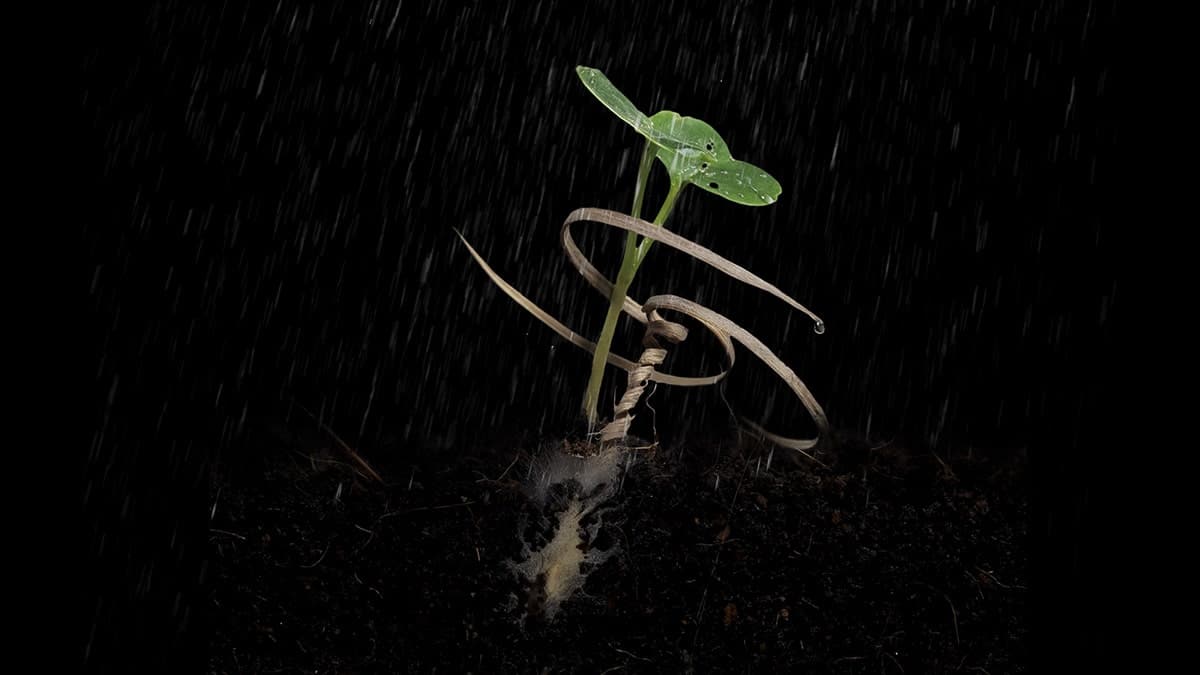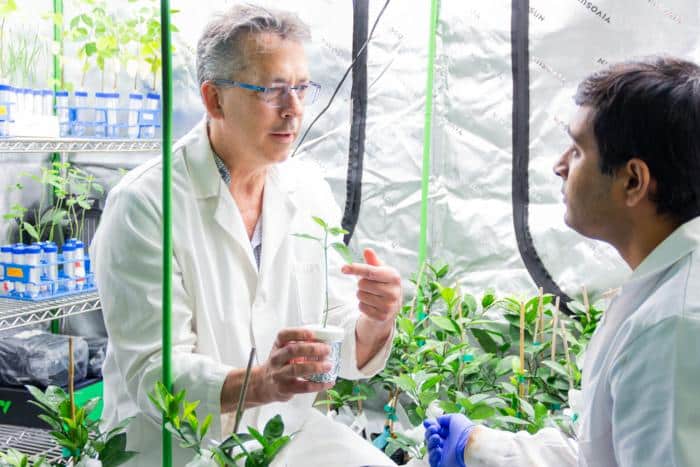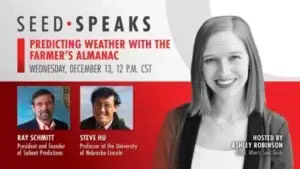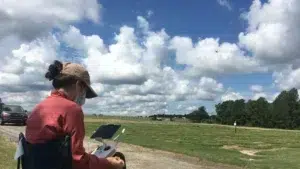Seeds can work in what seems like magical ways. Not only is it the start of plant life, but some seeds, such as Erodium seeds, even can self-bury. During rain of high humidity, the seeds, carried inside a tightly wound stalk, will unwind and twist the seed into the soil where it can take root.
Inspired by Erodium’s capabilities, researchers from Carnegie Mellon University have worked with a team of collaborators to engineer a biodegradable seed carrier called “E-seed”. Led by Lining Yao, Cooper-Siegel assistant professor of Human-Computer Interaction at Carnegie Mellon University, the team worked to fashion a seed carrier from wood veneer that could enable aerial seeding of difficult-to-access areas, according to a release.
“Seed burial has been heavily studied for decades in terms of mechanics, physics and materials science, but until now, no one has created an engineering equivalent,” said Yao, director of the Morphing Matter Lab in the School of Computer Science’s Human-Computer Interaction Institute, in the release. “The seed carrier research has been particularly rewarding because of its potential social impact. We get excited about things that could have a beneficial effect on nature.”
The paper was recently published in Nature. According to the lead author, Danli Luo, the design of the seed carrier was inspired by the self-burying mechanism that Erodium evolved as it adapted to arid climates. Unfortunately, though, Erodium’s one-tailed carrier only works well on soils with crevices.
To ensure a broader scope, the research team developed a three-tailed version of the seed carrier.
“Geometry can enhance the functionality of the materials beyond what nature offers us. It also makes the design versatile to be applied to other materials,” said Shu Yang, a materials scientist and co-author from the University of Pennsylvania.
In addition to seeds, the researchers also proved the carriers could be used to deliver nematodes, fertilizers and fungi, and work is underway to adapt them for planting seedlings.
“Technologies like E-seed can help us address real-world problems — helping us avoid landslides, reducing the impact of invasive species and improving reforestation of hard-to-reach places,” Andreea Danielescu, director of the Future Technologies R&D group (research and development) at Accenture Labs, said in the release.













